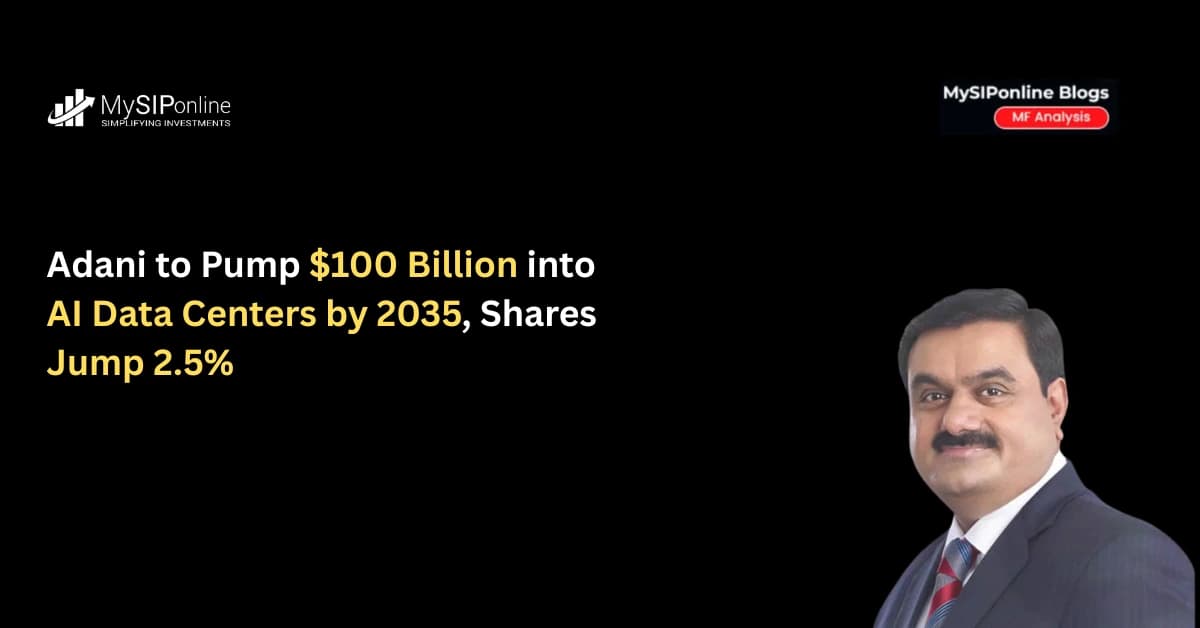Are you among those investors who believe that taking risk is not necessary to earn better returns all the time? Do you want to park your money in a safe fund for making regular returns? If yes, then the debt funds in India have a variety for you.
You can choose any of the best-suited funds from the different types of debt mutual funds. Get to know about all of them right here!
Understanding Debt Funds
The debt fund is a broad category of mutual funds in India which has investments in the debt securities such as government bonds, corporate bonds, treasury bills, fixed income securities and money market instruments. The primary objective of this asset class in mutual funds is to provide better returns to the investors on a regular basis in the form of interest earned on the money lent.
The profits earned from the debt funds are either in the form of interest income or capital appreciation or depreciation in the values of the security due to changes in the market dynamics. The debt fund has investments in the debt securities which are assigned a credit rating to help in assessing the credibility of the issues in regards to paying back their debts. There are independent organisations such as CARE, CRISIL, FITCH, Brickwork, and ICRA.
Main Features of Debt Funds:-
- Fixed Maturity Period
- Invested in fixed securities
- More suitable for short-term goals.
- Easy liquidity is an additional trait.
Types of Debt Mutual Funds
1. Gilt Funds - For the purpose of providing high security to the investors’ money, the gilt funds have been designed and categorised in debt funds. These funds have an investment in the debt securities which are issued by the central or state governments. As these funds are backed by the government, they are highly secure and assure high income for the investors. Although the default risk is zero percent, the impact of interest rate fluctuations is the most in these funds.
Suitability - The investors who can bear high risk and want to earn capital appreciation instead of protection, should opt for the gilt funds.
Time Horizon - One should invest in the long-term gilt funds in the low-interest rate scenario for a period of around 18-24 months; while for short-term investing one must park money in gilt funds for one year.
2. Short-Term Debt Funds -These funds have investments in the debt funds such as commercial papers, certificate of deposits, treasury bills, etc., having a maturity between 3-6 months. Being short-term in nature they are not affected by the interest rate fluctuations, and thus the returns are consistent. The returns are higher as they have investments in the long tenure papers.
Suitability - Investors who want to park surplus money and want to earn higher returns as compared to liquid funds should opt for these funds.
Tenure - To gain maximum benefits of these funds, the investors must invest for a period of 6-12 months.
3. Income Funds - The schemes falling in this category have investments in the bonds, corporate debentures, and government securities. They invest in a range across different maturity where some of the instruments have maturity up to 1-2 years while some have 15-20 years of investment tenure. Accordingly, these funds provide growth along with returns on a stable basis. These funds take the aggressive calls based on interest rate outlook to take the best advantage of the rate movements.
Suitability - The investors with long-term investment horizon, having high-risk appetite since they have high-interest rate risk associated with it.
Tenure - Investors can invest in them in the entire investment cycle and gain tremendous returns in the falling interest rate scenario.
4. Fixed Maturity Plans - The investment tenure in these funds is fixed, and they invest in the papers with same maturity period. They offer the benefit of taking away the interest rate risk as they are held until maturity. The NAV of the fund remains unaffected even in the high interest rate situations. The returns from FMPs are predictable though they are not guaranteed.
Suitability - It is best suited to the investors who want to park their money for fixed tenure at times of uncertain interest rates.
Tenure - If you are looking for higher yields, then you must opt for the long-term FMPs having the maturity of up to 3-5 years. While for short-term investing, the investment horizon should be 3-6 months.
5. Liquid Funds - These are the funds having investments in the very short-term debt funds, having the maturity of up to 91 days. They are highly liquid and offer the benefits similar to the bank savings account but with a higher interest rate.
Suitability - For those investors who are looking to park their idle money to earn higher profits without compromising on the liquidity.
Tenure - They are beneficial for short-term investing to gain the benefit of high returns in a very short term, say a few months.
Thus, the various categories of the debt mutual funds have several benefits for varying short-term as well as long-term needs of the investors. You can buy any of the schemes in these categories at MySIPonline by availing our advisory services to take the best decision.




.webp&w=3840&q=75)






